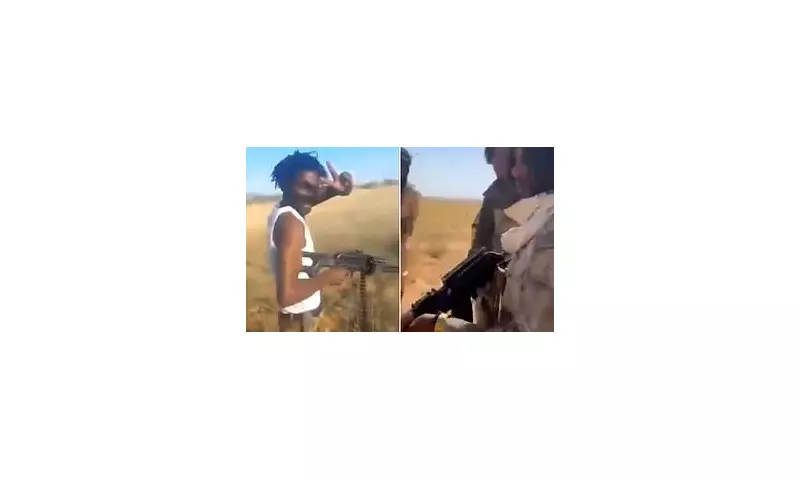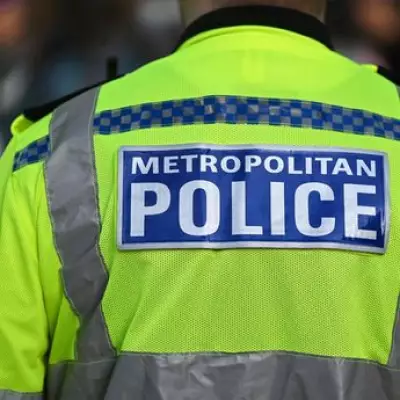
In a shocking escalation of violence that has plunged Sudan into deeper humanitarian crisis, armed militants have committed unspeakable atrocities during what survivors describe as a nightmare of systematic sexual violence and mass execution.
A Funeral Turned Killing Field
According to multiple witness accounts and emerging evidence, militants believed to be from the Rapid Support Forces (RSF) transformed a community funeral into a scene of unimaginable horror. The attack represents one of the most brutal incidents in the ongoing conflict that has ravaged the African nation.
Systematic Sexual Violence
Survivors report that militants publicly staged mass gang rapes, subjecting numerous women to coordinated sexual assaults in what appears to be a deliberate tactic to terrorise the local population. The systematic nature of these attacks suggests a calculated campaign of violence against civilians.
Mass Execution of Mourners
As the funeral procession gathered to honour their dead, militants opened fire on the assembled mourners, slaughtering approximately 40 people in a brutal display of force. The victims included elderly community members and young adults who had gathered to pay their respects.
Deepening Humanitarian Catastrophe
The international community has expressed growing alarm as evidence mounts of widespread human rights abuses occurring throughout Sudan. This latest incident adds to the grim catalogue of atrocities that have characterised the conflict between the Sudanese Armed Forces and the RSF.
Human rights organisations are calling for immediate international intervention and investigation into what they describe as potential war crimes. The systematic nature of the sexual violence, particularly its public staging, indicates a disturbing new level of brutality in the conflict.
International Response
World leaders and humanitarian agencies face mounting pressure to address the escalating crisis. With communication networks disrupted and humanitarian access severely limited, documenting these atrocities has become increasingly challenging, raising concerns that the full scale of the violence remains unknown.
As the international community grapples with how to respond, survivors of these attacks face not only physical injuries but profound psychological trauma that will require extensive support and medical care—resources that are increasingly scarce in the war-torn nation.





